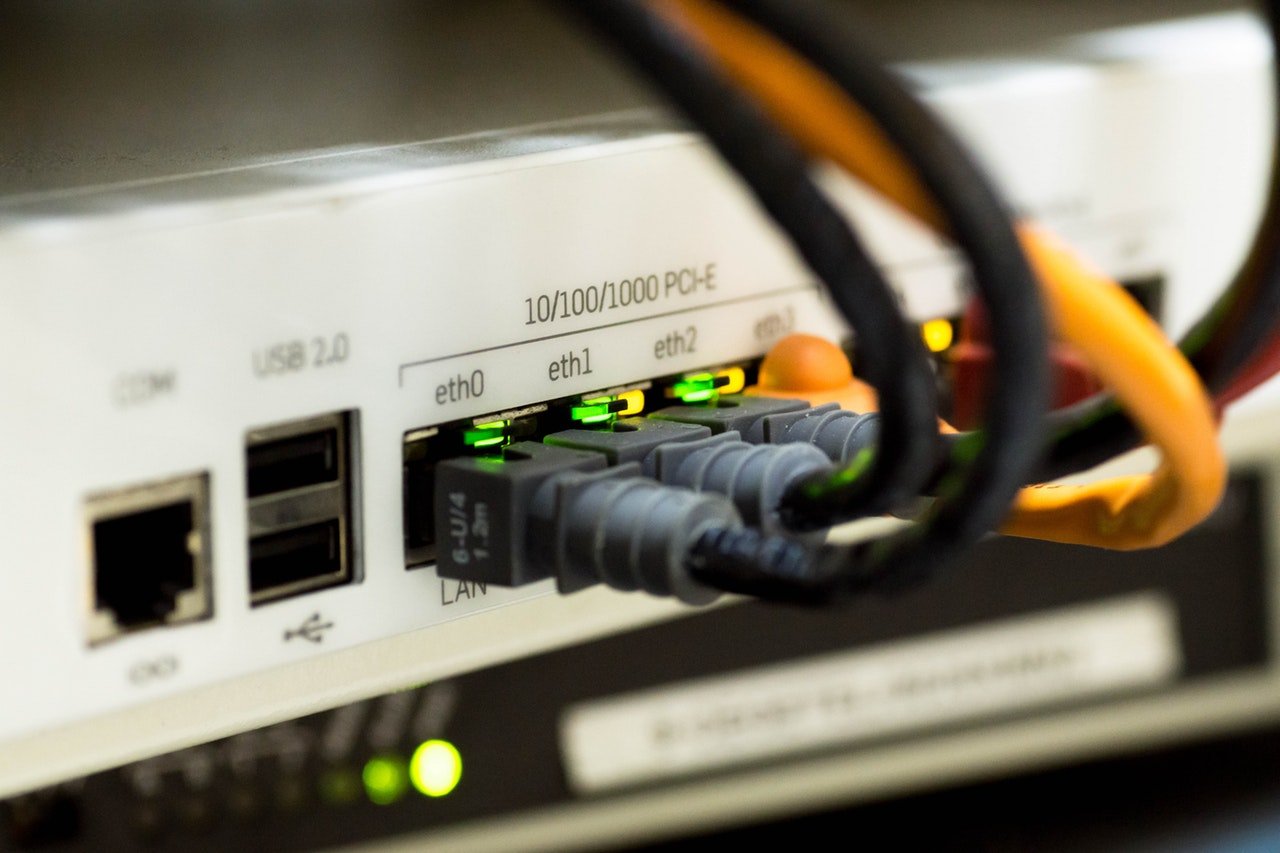You might’ve heard the word bandwidth being casually thrown around in tech conversations among your friends or when looking for a internet service, but not a lot of people really understand what the word exactly means. Bandwidth is the speed at which the cable can transmit data with different types of cables having the capacity for different bandwidth.
You can’t exactly say that it measures the speed, but it does represent the maximum potential speed that can be achieved. Few elements can define how much bandwidth you have. The first element is the connection to your home. You have more bandwidth if your connection transmits the data fast. People who have a fiberoptic connection have faster speed compared to those who have the older copper cable broadband connection. The Internet service provider which delivers the internet is also one of the factors.
Another factor that significantly impacts the bandwidth is the number of users sharing the same internet connection. One of the other factors is how many people are there on your network. The speed decreases as and when other users start to use your network. For example, if you have 100mbps download speed, then you get to use it all if you are the only one using your network. However, if someone else joins in and downloads something and plays games, then they take a part of this bandwidth thus decreasing the speed.
Also read: What is LTE? How is it different from 4G and 5G?
How did it evolve?
 Earlier consumer internet connections were connected via dial-ups, which used a phone line to connect to the internet. If you are using the internet, then you couldn’t use the phone and vice-versa. The internet speed wasn’t that great either with usual download speeds capping at 56kbps.
Earlier consumer internet connections were connected via dial-ups, which used a phone line to connect to the internet. If you are using the internet, then you couldn’t use the phone and vice-versa. The internet speed wasn’t that great either with usual download speeds capping at 56kbps.
Gradually Internet providers came out with broadband in which the internet had separate lines then the phone. The speed was also increased. Since the bandwidth was enough large amount of videos could be streamed. Later on, came the fiberoptic, which brought speeds in the MBPS’, allowing users to not only to stream high-quality videos but also play games online without much latency.
Importance of Bandwidth
Bandwidth is significant because it helps you determine how fast does the web page load on a browser. Bandwidth plays an important factor when choosing a platform for web hosting too. Higher bandwidth is essential for improving users’ experience.
How much Bandwith do you require?
 What exactly you want to do from your internet connection determines how much bandwidth you require. We do know that the more, the better but of course, you should keep your budget in mind. If you use your internet just for accessing social media sites and watching videos, then a low-end high-speed plan should be good enough. However, if you want to stream ultra HD 4K video, then a high speed and bandwidth internet connection — at least 25Mbps — is required.
What exactly you want to do from your internet connection determines how much bandwidth you require. We do know that the more, the better but of course, you should keep your budget in mind. If you use your internet just for accessing social media sites and watching videos, then a low-end high-speed plan should be good enough. However, if you want to stream ultra HD 4K video, then a high speed and bandwidth internet connection — at least 25Mbps — is required.
You can also get recommendations for how much bandwidth you need from your internet service provider. When you plan to stream a movie, then you can also check on the service providers’ website for how much minimum bandwidth is required to stream the video without interruptions.
Also read: What is an IP Address? How does it work?
How is Bandwidth different from speed, latency and throughput?

Bandwidth vs Speed
How much information you receive in a second is what you call a bandwidth while how fast you receive or download the information is what we call speed.
Bandwidth vs Latency
Latency means delay. — the lag experienced when loading something on the internet. Latency also indicates the amount of time taken to deliver the information from the source to you while on the other hand bandwidth means how much information you receive in a second.
Bandwidth vs Throughput
Throughput means the actual amount of data that is delivered to you in a certain amount of time, while bandwidth is the maximum amount of data that can be delivered.
Also read: What is svchost.exe? And why is it running on your PC?






